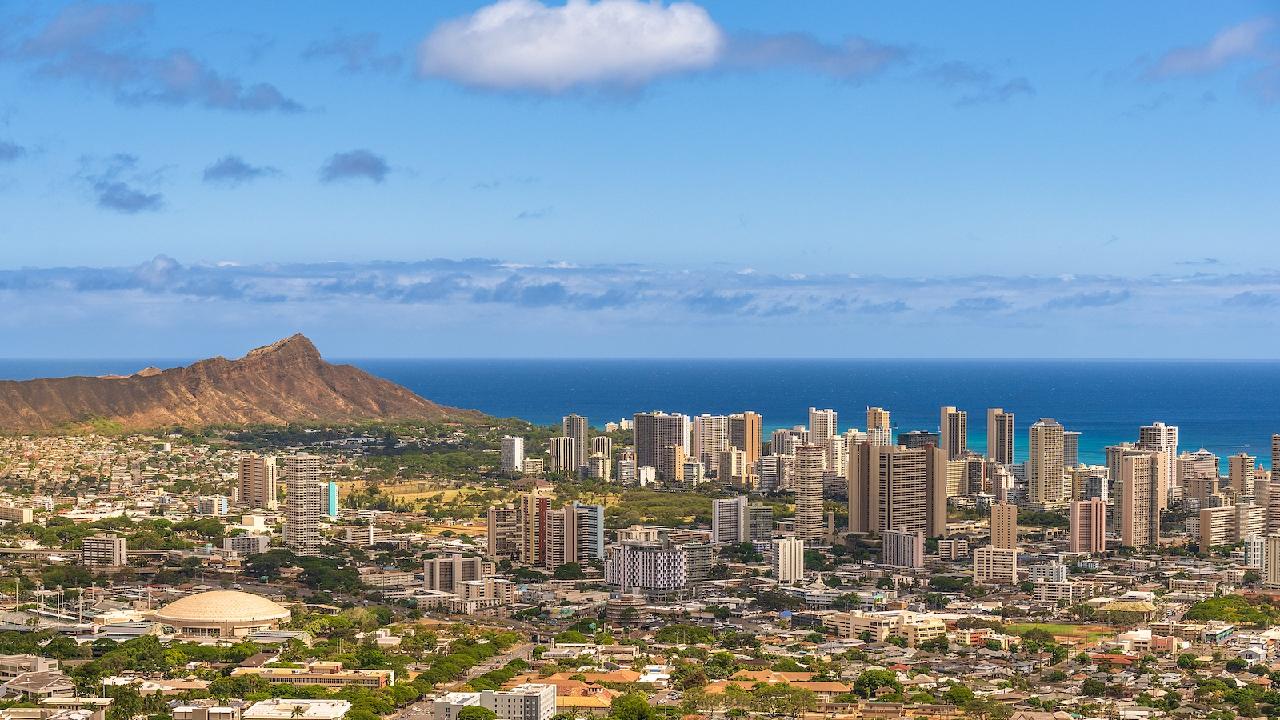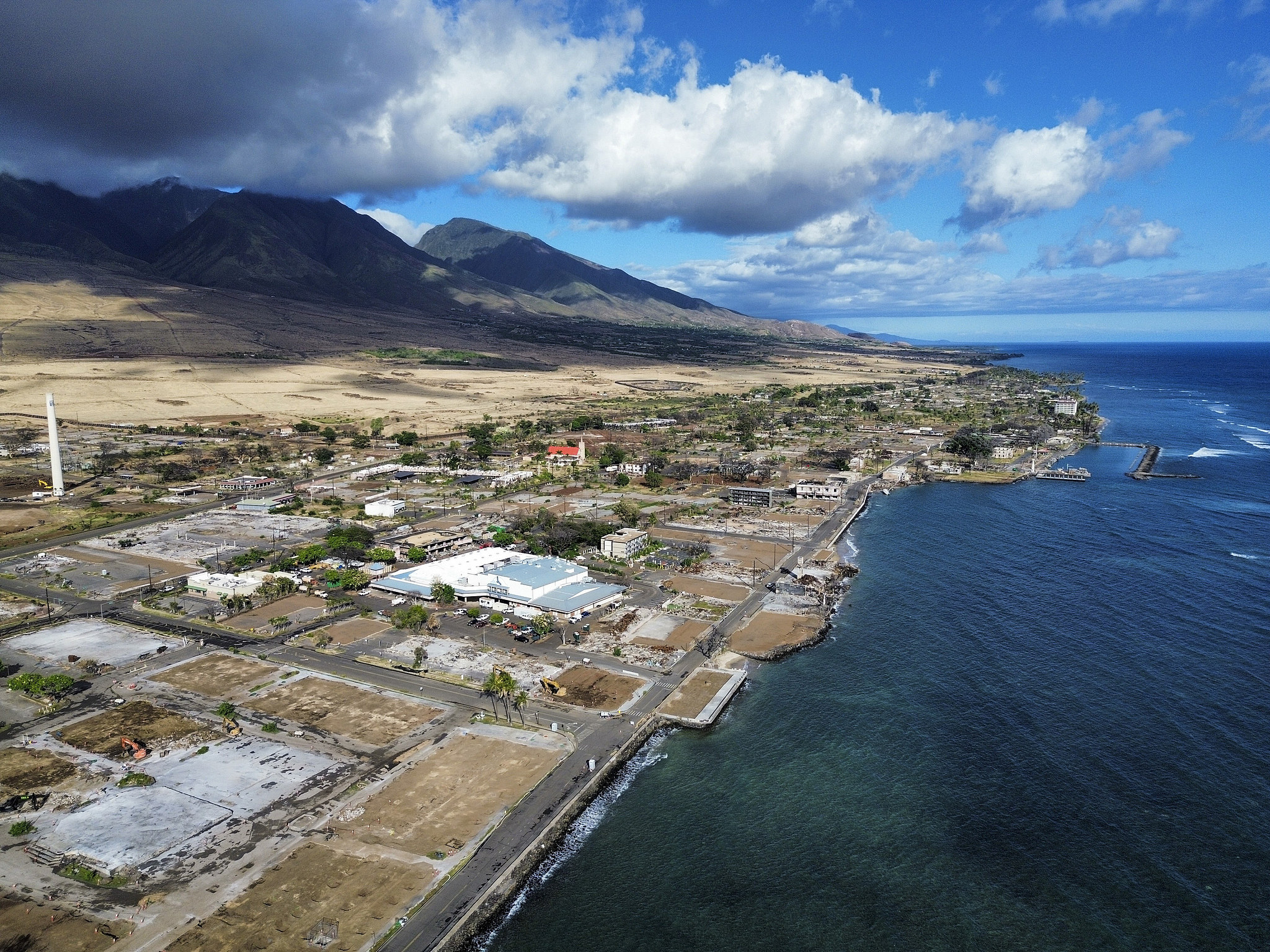Hawaii Announces Hotel Tax Increase to Fund Climate Change Initiatives
Hawaii proposes higher hotel taxes to fund climate resilience initiatives amid escalating environmental challenges.

In a groundbreaking legislative development, Hawaii lawmakers are poised to approve a significant increase in the hotel tax imposed on visitors staying in hotels, vacation rentals, and other short-term accommodations. This fresh approach aims to direct the additional funds raised specifically towards initiatives designed to address the escalating impacts of climate change on the islands.
The proposed legislation is set for final votes in both the House and Senate this Wednesday, with a near-certain path to approval thanks to Democratic supermajorities in both chambers. The measure would add an extra 0.75 percent to the existing daily room rate tax, effective January 1. Lawmakers have emphasized that this move is unprecedented, positioning Hawaii as the first state in the nation to dedicate lodging tax revenues to environmental protection and climate resilience projects.

State leaders have outlined several key areas for investment using the new revenue. Among the priorities are replenishing sand along Hawaii’s eroding beaches, a crucial step given the growing threat posed by rising sea levels and increased storm activity. Other planned projects include assisting homeowners with installing hurricane clips on their roofs to strengthen homes against severe weather, and removing invasive grasses—such as those believed to have fueled the devastating wildfire that destroyed large portions of Lahaina two years ago.
Governor Josh Green has voiced strong support for the initiative, stating his intention to sign the bill into law. "Hawaii is taking a bold step that reflects both the reality and urgency of the climate crisis," he said. If enacted, the new law will make Hawaii a national example in connecting tourist-generated revenue directly to sustainability and climate adaptation programs.
The move has drawn attention from policy analysts, some of whom acknowledge the uniqueness of Hawaii's approach. While other states have implemented or proposed environmental fees linked to tourism, none have earmarked hotel tax revenue exclusively for climate adaptation and environmental protection efforts. Local officials hope the new funding stream will provide much-needed resources to protect the state’s natural beauty and boost resilience in the face of growing environmental threats.
The policy comes at a time when Hawaii, a global tourist destination, is balancing economic recovery with the urgent need to invest in measures that will safeguard its communities and landscapes for future generations. Lawmakers and advocates alike hope that this initiative will serve as a model for other states confronting the impacts of climate change.




